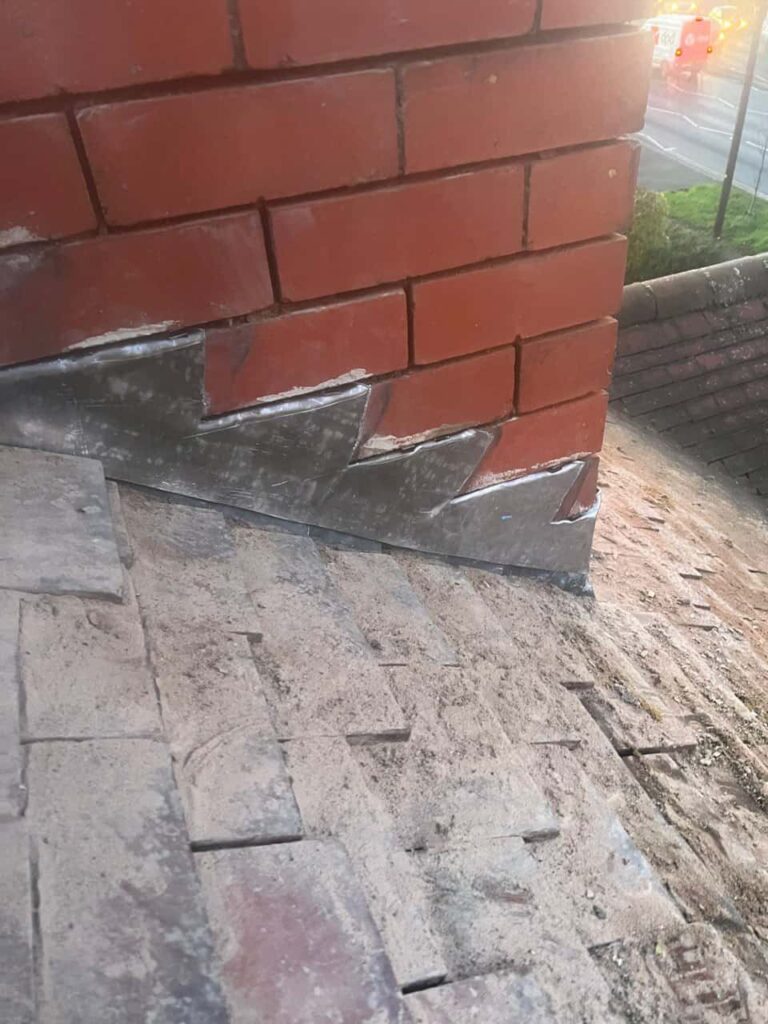Introduction
Fascias and soffits are crucial components of any roofing system, yet they are often overlooked. These features not only enhance the appearance of a property but also protect the roof structure and ensure proper ventilation. Understanding their roles and differences can help homeowners make informed decisions about roof maintenance and upgrades.
At Chichester Roofing Repairs, we provide professional fascia and soffit installation and maintenance in Chichester, West Sussex, ensuring that homes remain well-protected from the elements. This guide explains what fascias and soffits are, their key differences, and why keeping them in good condition is essential.
Key Takeaways
- Fascias support the gutters and protect the roof’s edge from weather damage.
- Soffits cover the underside of the roof overhang and provide ventilation.
- Both components help prevent water damage, mould growth, and pest infestations.
- Regular maintenance ensures a longer lifespan for the roofline and improves kerb appeal.
- Professional installation enhances durability and energy efficiency.
What Is a Fascia?
A fascia is the horizontal board fixed to the edge of the roof, running along the lower end of the roofline. It serves as the mounting point for guttering and acts as a protective barrier between the roof and the external environment.
Functions of the Fascia
- Supports the weight of the gutter system, ensuring stability.
- Prevents water damage by sealing the exposed edges of the roof.
- Enhances the appearance of the roofline, creating a neat and polished look.
Common Fascia Materials
Fascias are available in a variety of materials, including uPVC, timber, and aluminium. uPVC is a popular choice due to its durability and low maintenance requirements, while timber offers a traditional aesthetic but requires regular upkeep to prevent rot. Aluminium is another option, known for its strength and resistance to corrosion.
What Is a Soffit?
A soffit is the board installed underneath the roof overhang, bridging the gap between the fascia and the wall of the building. It plays a vital role in ventilation and protection.
Functions of the Soffit
- Allows airflow into the roof space to prevent condensation and mould.
- Protects the roof’s rafters from exposure to moisture and pests.
- Contributes to the overall aesthetic appeal of the property.
Common Soffit Materials
Like fascias, soffits are available in uPVC, aluminium, and wood. uPVC is preferred for its resistance to moisture and low maintenance, while aluminium is strong and ideal for modern properties. Wooden soffits require regular treatment to prevent decay.
Key Differences Between Fascia and Soffit
While both fascias and soffits contribute to roof protection, they serve different purposes. Fascias are fixed to the front of the roof edge and provide structural support for the guttering, whereas soffits are positioned underneath the roof overhang and facilitate ventilation.
Fascias are primarily responsible for keeping water away from the roof’s internal structure, while soffits help regulate airflow to prevent moisture buildup. Together, they create a complete roofing system that ensures long-term protection and efficiency.
Why Are Fascias and Soffits Important?
Prevent Water Damage
Fascias and soffits work together to direct rainwater away from the roof and walls, reducing the risk of damp, leaks, and rot. Without them, water could seep into the roof structure, leading to costly repairs.
Improve Roof Ventilation
Soffits with built-in vents allow air to circulate in the roof space, preventing condensation buildup. This helps protect the roof timbers from dampness and extends the lifespan of the roof.
Protect Against Pests
Without properly installed soffits, small animals, birds, and insects can enter the roof space, causing damage and nesting issues.
Enhance Kerb Appeal
New or well-maintained fascias and soffits create a clean, finished look that enhances the exterior of a property. Whether opting for a classic or modern style, these components contribute to the overall aesthetic of a home.
Signs Your Fascia and Soffit Need Replacing
Peeling Paint or Rotting Wood
If the fascia or soffit appears cracked, peeling, or rotting, it may no longer be effectively protecting your roof.
Leaky or Sagging Gutters
If gutters start pulling away from the fascia or are leaking, the fascia may be too weak to support them, indicating the need for replacement.
Mould or Condensation in the Loft
Poor ventilation due to damaged or blocked soffits can lead to condensation in the attic, which may cause damp problems.
Pest Infestations
If birds or insects are entering the roof space, there may be gaps or holes in the soffit that need repairing or replacing.
Professional Fascia and Soffit Installation
While minor maintenance tasks like cleaning gutters can be done by homeowners, replacing fascias and soffits requires professional expertise. Proper installation ensures:
- Effective ventilation and waterproofing.
- High-quality, durable materials that withstand harsh weather conditions.
- Compliance with building regulations to ensure structural integrity.
At Chichester Roofing Repairs, we provide expert fascia and soffit services in Chichester, West Sussex, offering durable and high-quality solutions for homeowners.
Conclusion
Fascias and soffits play a crucial role in maintaining the integrity of a roof, preventing water damage, and improving ventilation. Understanding their differences and ensuring they are well-maintained can help homeowners avoid costly repairs and extend the lifespan of their roofing system. Investing in professional installation guarantees long-term protection, aesthetic appeal, and energy efficiency.
At Chichester Roofing Repairs, we specialise in fascia and soffit installation and maintenance in Chichester, West Sussex. Contact us today for expert advice and professional roofing services tailored to your needs.
Call us on: 01243 957 294
Click here to find out more about Chichester Roofing Repairs
Click here to complete our contact form and see how we can help with your Roofing needs.

